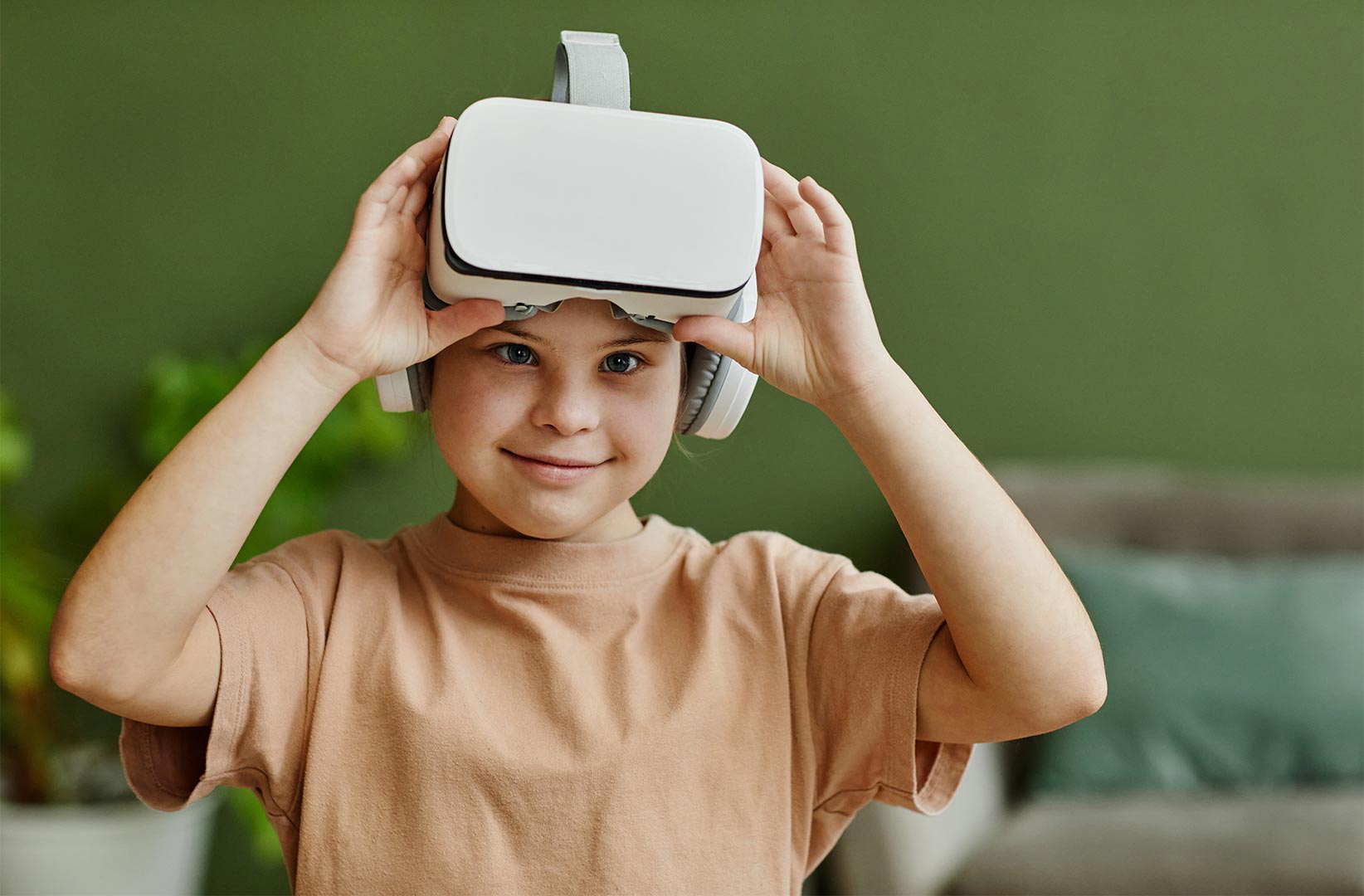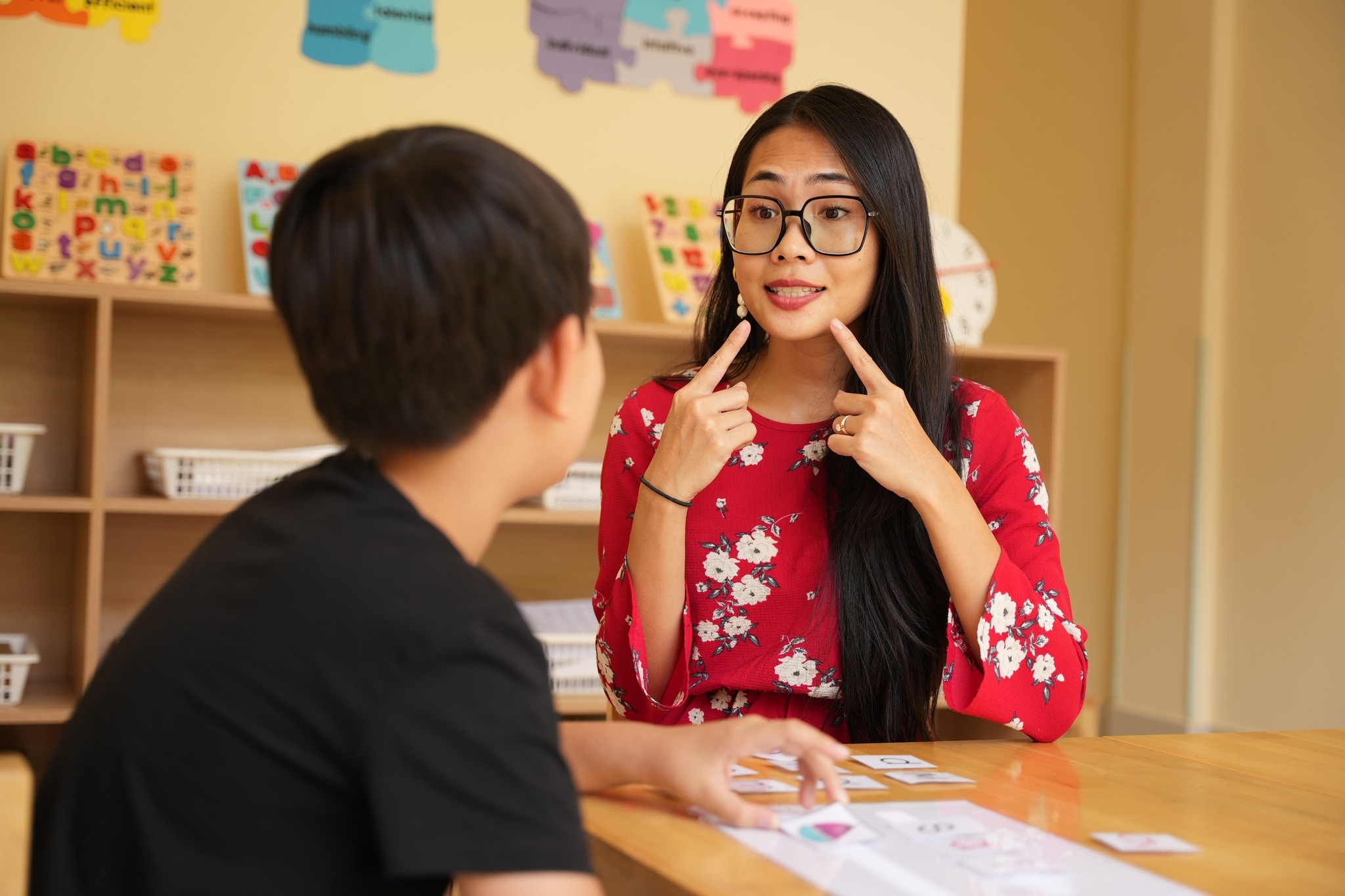In the dynamic landscape of education, technology plays a pivotal role in leveling the playing field for students with special needs. By harnessing the power of innovative tools and resources, educators can tailor instruction to individual learning styles, enhance accessibility, and foster a more inclusive learning environment. Let’s explore some of the transformative technologies that are empowering students with special needs to reach their full potential.
1. Assistive Technology: Opening Doors to Communication and Learning
Assistive technology (AT) encompasses a wide range of tools and devices designed to support individuals with physical, sensory, or cognitive challenges. For students with visual impairments, screen readers and text-to-speech software convert written text into audible form, enabling them to access educational materials and participate actively in class discussions. Similarly, for students with hearing impairments, captioning software provides real-time text transcripts of lectures and presentations, ensuring that they don’t miss a beat.
2. Augmentative and Alternative Communication (AAC) Systems
For students with limited or nonverbal communication abilities, augmentative and alternative communication (AAC) systems provide a voice. These systems range from picture boards and speech-generating devices to specialized software and mobile apps. By enabling students to express their thoughts, needs, and desires, AAC systems foster greater independence and social interaction.
3. Educational Apps and Software
The ever-expanding world of educational apps and software offers a treasure trove of resources tailored to specific learning needs. For students with dyslexia, word prediction software can anticipate words as they type, reducing spelling errors and improving fluency. For students with attention deficit hyperactivity disorder (ADHD), gamified learning apps can break down complex concepts into engaging challenges, enhancing focus and motivation.
4. Personalized Learning Platforms
Personalized learning platforms provide a dynamic and individualized approach to education, adapting to each student’s unique pace and learning style. These platforms offer a variety of instructional methods, interactive exercises, and real-time feedback, helping students master concepts at their own pace and in a way that resonates with them.
5. Virtual Reality and Augmented Reality (VR/AR)
VR and AR technologies are revolutionizing the way students with special needs learn and interact with the world around them. Immersive VR experiences can transport students to different environments, providing hands-on learning experiences for students with physical limitations or sensory sensitivities. AR overlays digital information onto the real world, enhancing visual and auditory comprehension for students with learning disabilities.
Empowering Educators: The Key to Success
Technology is not a magic bullet; its effectiveness hinges on the expertise and dedication of educators. By integrating technology seamlessly into their teaching practices, educators can create a more inclusive and supportive learning environment for all students. Regular training, professional development opportunities, and collaboration among educators are crucial for ensuring that technology is used effectively to empower students with special needs.
Technology has the potential to transform the educational landscape for students with special needs, bridging the gap between their unique needs and the demands of the classroom. By embracing innovative tools, resources, and personalized learning approaches, educators can empower students with special needs to thrive academically, socially, and personally. As technology continues to evolve, the opportunities to enhance inclusion and support for students with special needs are limitless.
Find out if your child needs extra support today!
- My child screams hysterically
- My child is mean to other children
- My child is always worried
- My child is scared to go to school
- My child is scared of loud noises
- My child doesn’t know how to read
- My child is scared to play outside
- My child does not respond to his name
- My child always gets in trouble
- My child fights with other children
- My child doesn’t know how to count
If you are concerned about your child’s development, contact us for Assessments: Phone/Telegram: 077.455.993 – Telegram Link: https://t.me/OrbRom
If you are concerned about your child’s development, contact us for Assessments.
Phone/Telegram: 077.455.993 Link: https://t.me/OrbRom






Leave A Comment